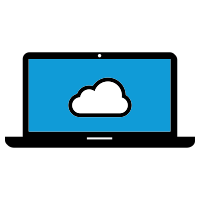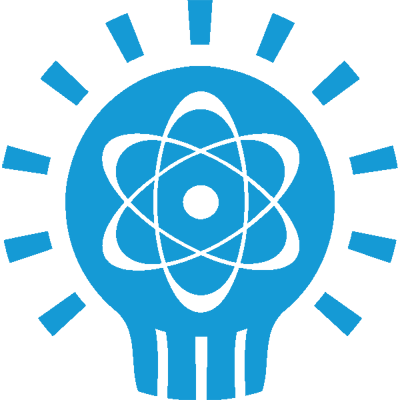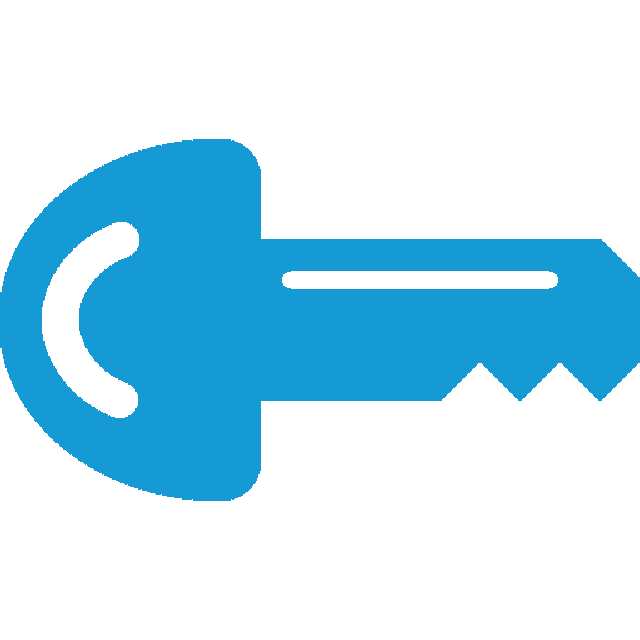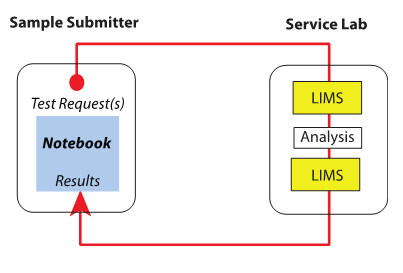Main Page
|
Welcome to LIMSwiki.org, the laboratory, health, and science informatics encyclopedia.
LIMSwiki is a collaborative wiki dedicated to the scientific community, featuring organized, documented, and up-to-date content regarding all aspects of laboratory informatics, bioinformatics, and health informatics. LIMSwiki also strives to maintain relevant knowledge about laboratory equipment as well as commercial and open-source software likely to be used in a laboratory setting. This also includes the vendors of such equipment and software. Like any community wiki, the value and success of LIMSwiki is dependent upon the scientific community contributing their vast knowledge through the creation of relevant articles and editing of existing articles where knowledge is absent. If you wish to enrich the content of this wiki or have something of value to add, please request an account and get started. |
|
Get started
Need help getting started with LIMSwiki? Have no fear! Here are some excellent starting points:
|
Featured article of the week
OptiGUI DataCollector is a Python 3.8-based graphical user interface (GUI) that facilitates automated data collection in optics and photonics research and development equipment. It provides an intuitive and easy-to-use platform for controlling a wide range of optical instruments, including spectrometers and lasers. OptiGUI DataCollector is a flexible and modular framework that enables simple integration with different types of devices. It simplifies experimental workflow and reduces human error by automating parameter control, data acquisition, and analysis. OptiGUI DataCollector is currently focused on optical mode conversion utilizing fiber optic technologies ... (Full article...) Recently featured: |
|
Laboratory informatics software and products
Are you looking for LIMS software? An electronic laboratory notebook? Or perhaps laboratory equipment? Try these suggestions:
Additional tools: |
LIMSwiki journal articles
A LIMSwiki journal article is a selected open-access article relating to various fields of informatics, free to republish elsewhere with proper citation. You can browse the collection using the tools below. Also note that like other articles found on this wiki, journal articles can be added to LIMSwiki books. For a full listing of journals — open-access and otherwise — relating to laboratory informatics, bioinformatics, and other forms of informatics, please see LIMSWiki:Resources/Journals. |
|
Open-source software
Looking for open-source software solutions to make your lab or office more efficient? Try these locations:
|
Additional LIMSwiki resources
We've created several resources for users of the wiki over the years, including the LIMSwiki informatics resource portal, which contains among other tools: These resources have received a thorough refresh as of July 2021. |
|
Additional information
|

















